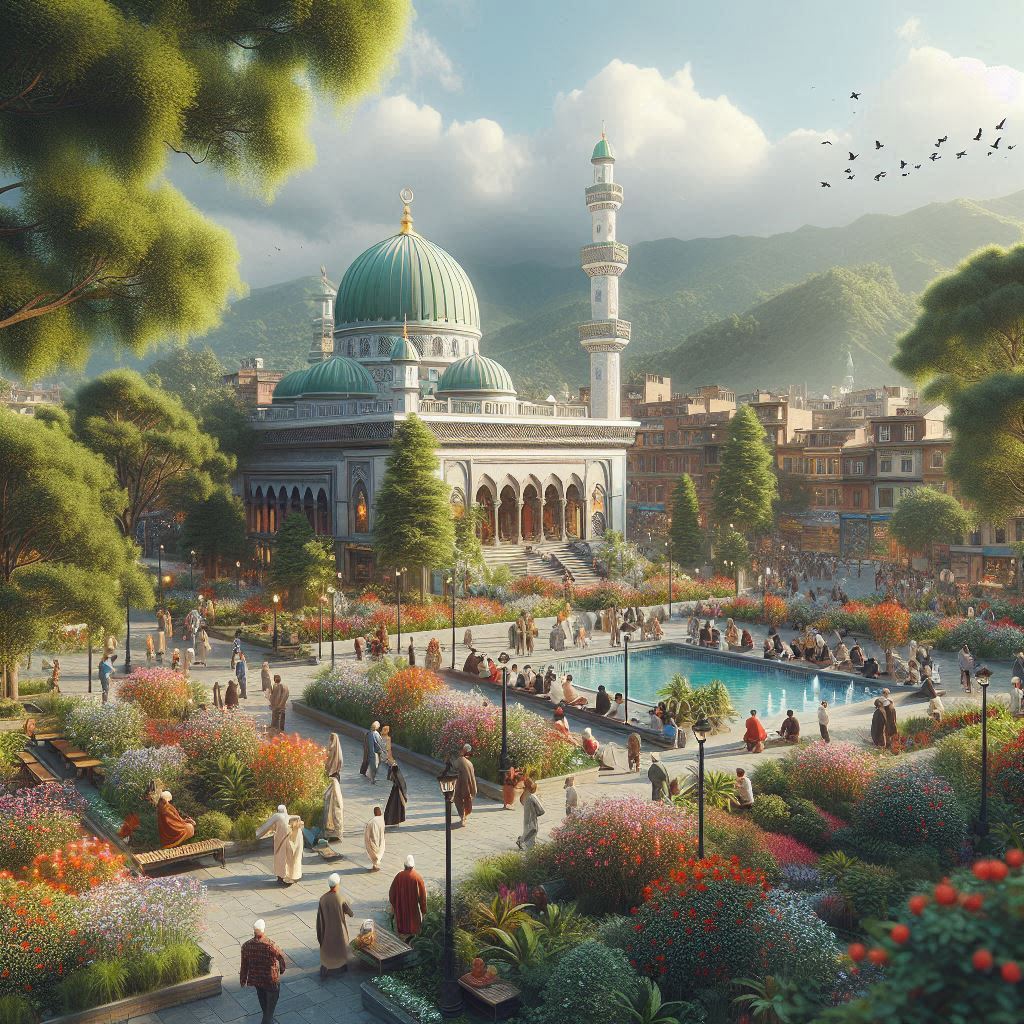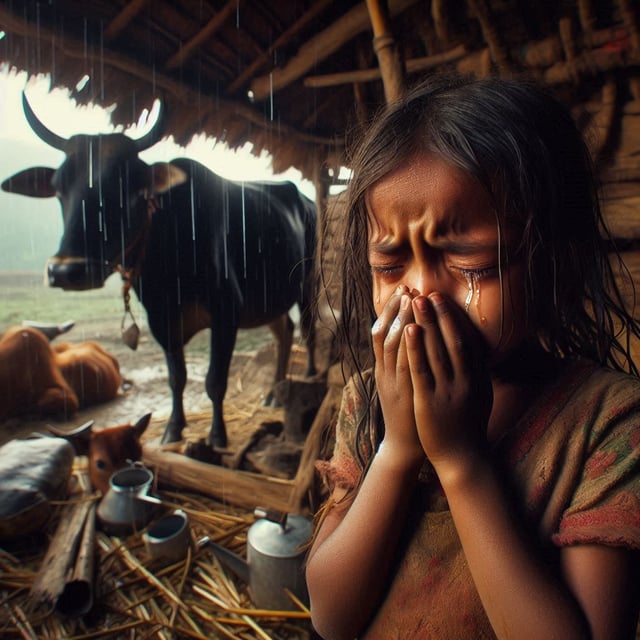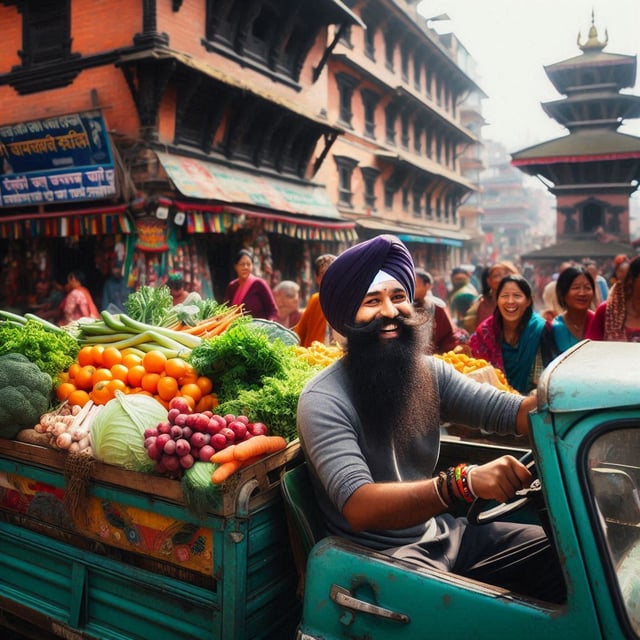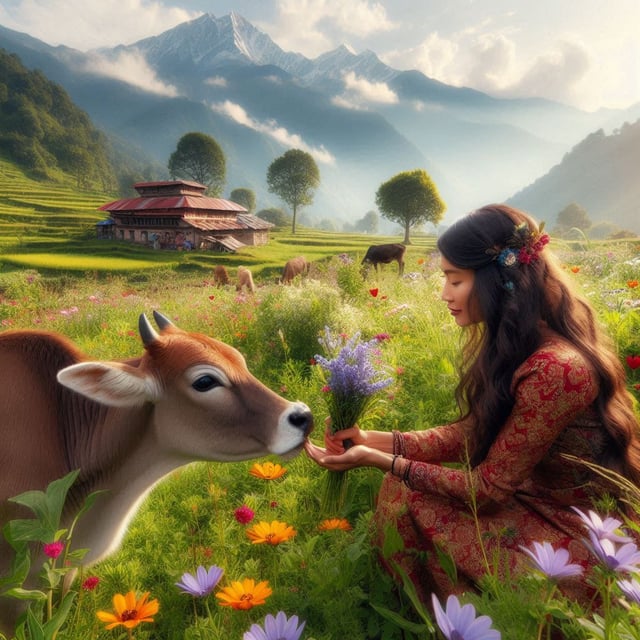Islam in Nepal

In 1857, there was a massive revolt in India against the East India Company, while the Rana oligarchs supported the Company government in war, they provide asylum to many high ranking Muslim ladies such as Begum Mahal. Many muslims who ran away from Company controlled area fled to Terai of Nepal and contributed in increasing the Muslim population of Terai and Nepal as a whole.
Rana who were perceived as Hindu extremist had a complex relation with religious minority, Ranas started the fusion between Nepali food and Muslim Mughlai cuisine. In fact as many Pahadi did not intend to live in plains due to feal of malarial parasites, Rana rulers encouraged Muslims to settle down in the plains.
Rana kept Muslim in a lower strata close to lower class Hindu in the first codified law of Nepal. The condition of Muslim looked brighter after the democratic revolution in Nepal.
Iqbal Iraqi became the first Muslim Parliamentarian of Nepal and was a core member of Rashtriya Janatantrik Praja Party.
The 1959 constitution Article 5 discuss about professing their ancestral religion while the constitution emphasized the king is adherent to Aryan culture and Hindu religion. After the election several Muslim won parliamentary seats and it promised a more inclusive country.
This however could not be analyzed the minority have remained safe in Nepal. During the Congress rule the country in 1959-1960 riot broke in Mahottari in which two people died and hundreds houses were set on fire.
After the coup of 1960, a new constitution of 1962 was drafted formally declaring Nepal as a Hindu state by Article 3. This was perceived as a setback by many Muslim leaders but as it was an autocratic regime they weren't vocal.
In 1971, saw one of the bloodiest Hindu Muslim riot when a rumor spread that cow being killed in Rautahat district. This rumor costed 51 lives and destroyed the property worth 6.4 million.
In 1970s Anjuman Islah became the sole representative of the Nepalese Muslim. Anjuman and Mr Ahmeddin were twice nominated by the king in the parliament of Nepal known as Rastriya Panchayat. They were gradually able to improve their representation alongside reformation.
In 1991, five Muslims were able to win election and former Minister of Panchayat Muhammad Moshin became the chairperson of the upper house in 1999.
The constitution of Nepal planned a Muslim Commission and Muslim Commission Act 2017 was formalized strengthening Muslim community.
The provinces created by the new constitution paved a more inclusive state specifically for Muslims who predominantly lived in plains.
In 2018, Mohamed Lalbabu Raut became the first Chief Minister of Madesh Province which also brought religious controversy. In Nepal where ministers change in a couple of months and years he was one of the very few leaders who served the entire five year cycle.
The growth of the right wing movement in India also has an impact in Nepal.
On October 27, 2022, a Hindu conducted a procession to immerse the idol of the Hindu goddess in Bhangaha area that was passing through a Muslim-dominated area.
The Islamists objected to the procession over the flag hoisted and the Islamists started pelting the procession when police came to the spot to control the situation. Hindu Samrat Sena members even accused the government favors the Muslim community. They even accused that no cases were charged against the Muslims and only were charged against Hindus.
There are also Muslim rallies in Nepal that support Hindu state, and Hindu nationalism flaring up in Nepal; the future of Islam in Nepal may be unforeseen turns- would they be seen as allies or enemies.
Author
Kripendra Amatya
Editor
Dana Moyal Kolevzon, Director of International Relations, Nepa~laya Productions
Published Date
March 28, 2025



